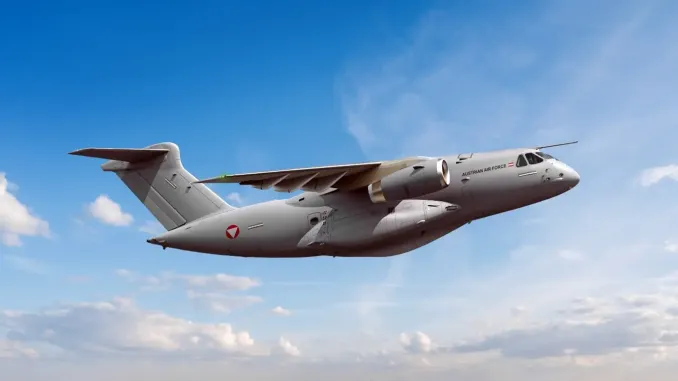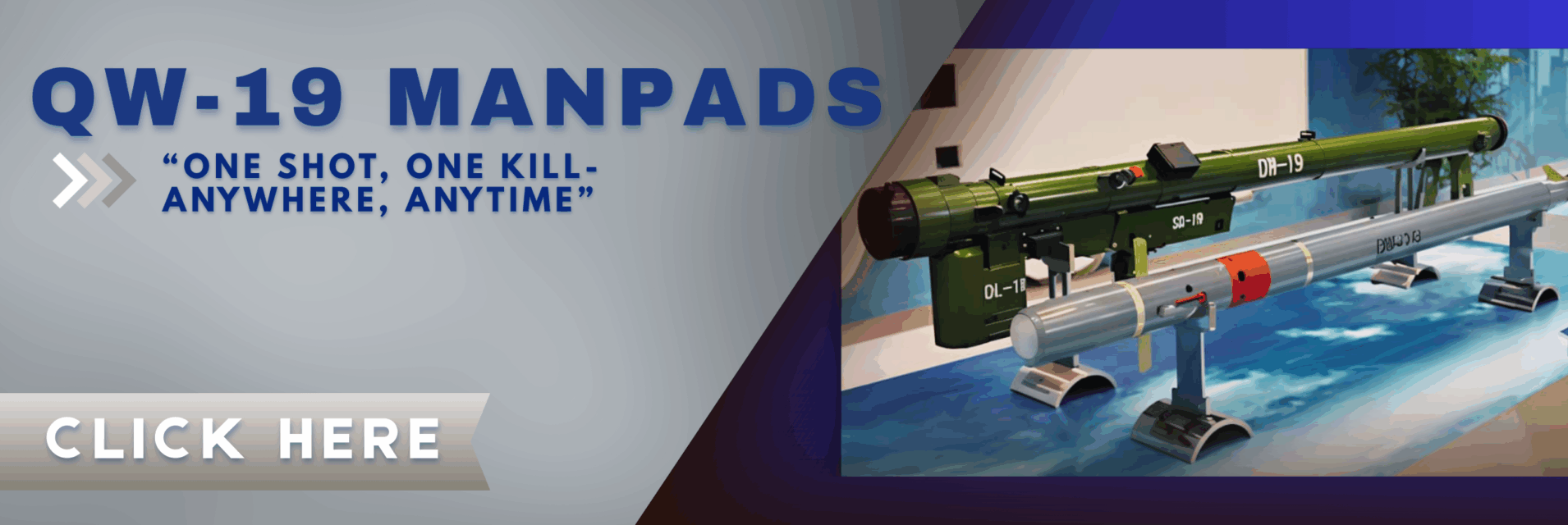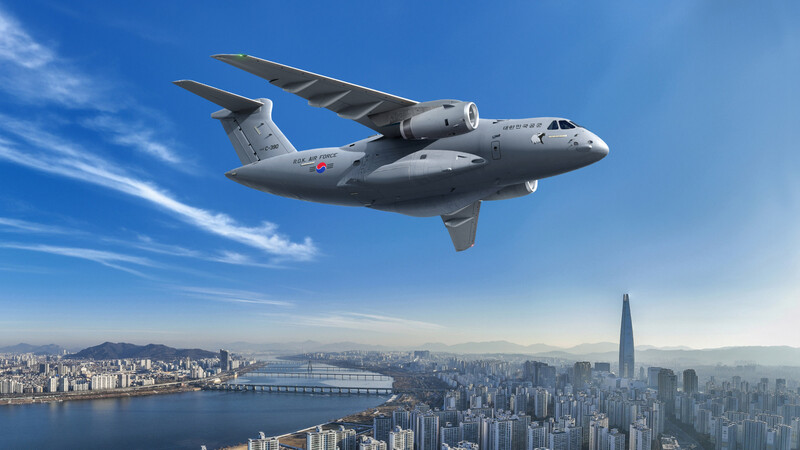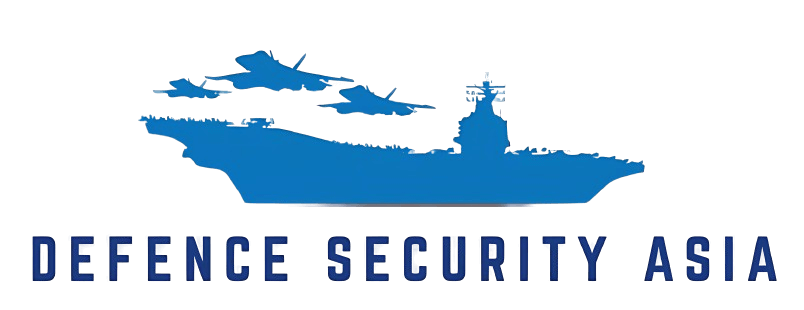Saudi’s Proposed Acquisition of 33 Brazilian-Made C-390 Aircraft A Blow to U.S ?
Since the Democratic Party assumed control of the White House in the United States, with Jo Biden elected as the President, diplomatic relations between Riyadh and Washington have noticeably strained, particularly in the realms of foreign relations and defense.


(DEFENCE SECURITY ASIA) — Saudi Arabia is reported to be considering the purchase of 33 C-390 Millennium transport aircraft manufactured by the Brazilian company Embraer, a decision that could further strain its defense relations with longtime ally, the United States.
Saudi Arabia aims to replace its existing fleet of 42 C-130 Hercules military transport aircraft, produced by the U.S. defense company Lockheed Martin, with the C-390.
The planned acquisition of 33 transport aircraft from Brazil includes a comprehensive package comprising training and maintenance facilities in Saudi Arabia, with efforts to establish a Maintenance, Repair, and Overhaul (MRO) center.
Additionally, there is a proposal to set up a final assembly facility for the transport aircraft within Saudi Arabia.
This purchasing initiative is gaining traction following Saudi Arabia’s recent inclusion as a new member in the BRICS organization (Brazil, Russia, India, China, South Africa), positioning Riyadh as the latest member in this group that competes with several organizations led by the United States and its allies.
At present, the Royal Saudi Air Force operates 42 C-130 Hercules transport aircraft, consisting of 33 C-130H variants and seven air-to-air refueling C-130H variants.

Saudi Arabia also possesses two dual-purpose C-130 aircraft serving both transport and air-to-air refueling roles.
The C-390 transport aircraft from Embraer boasts multi-mission capabilities, durability, and interoperability.
Capable of carrying a payload of 26 tons, the aircraft can reach speeds of 470 knots and cover longer distances.
Its versatile mission capabilities include cargo transport, troop deployment, medical evacuation, search and rescue, firefighting, and humanitarian missions.
The C-390 is designed to operate on unpaved runways and is equipped with air-to-air refueling systems, enabling it to function as an aerial refueling tanker.
The potential acquisition aligns with Saudi Arabia’s quest for alternative defense partnerships, particularly in light of strained diplomatic relations with the United States, marked by Washington’s refusal to fulfill Saudi requests for specific weapon systems, including the F-35 fifth-generation fighter and MQ-9 Reaper drones.
As a result of this rejection, Riyadh has sought alternative sources for its military supplies, including turning to China, a direct competitor to the United States.

Since the Democratic Party assumed control of the White House in the United States, with Jo Biden elected as the President, diplomatic relations between Riyadh and Washington have noticeably strained, particularly in the realms of foreign relations and defense.
While Saudi Arabia is nearing the purchase of Rafale fighter jets from France, previous considerations included acquiring J-10C fighter aircraft from China to replace its Eurofighter Typhoon and Tornado aircraft.
Riyadh currently employs Chinese-made military drones and aims to acquire more, such as the Sky Saker drone, VTOL CR500 drone, and HQ-17 air defense system, indicative of the warming diplomatic ties between Riyadh and Beijing.
This shift is also reflected in the close trade relations between the two nations, with China’s Huawei being entrusted with building telecommunication infrastructure, including 5G, in Saudi Arabia.
Recent reports suggest ongoing negotiations between Saudi Arabia and China for the potential acquisition of up to 12 Type 052DE destroyer warships (an export variant of the Type 052D).
Furthermore, there are indications that Saudi Arabia is considering collaborating with China to construct its first nuclear power plant. – DSA

Comments are closed.